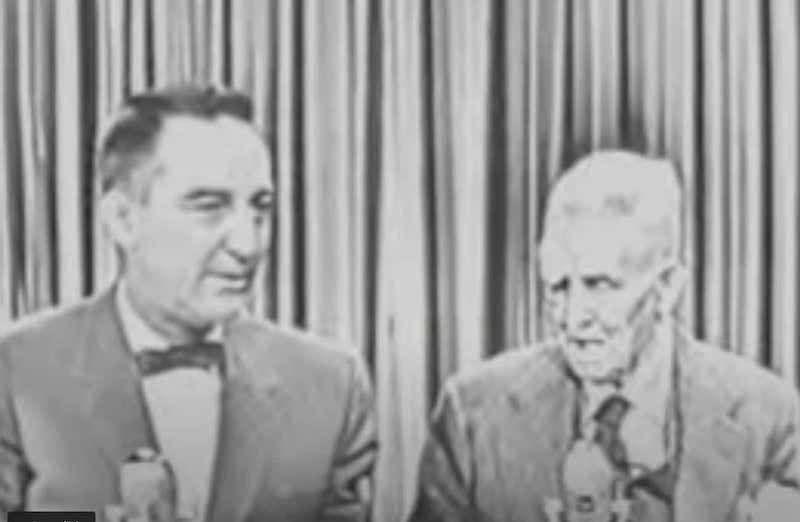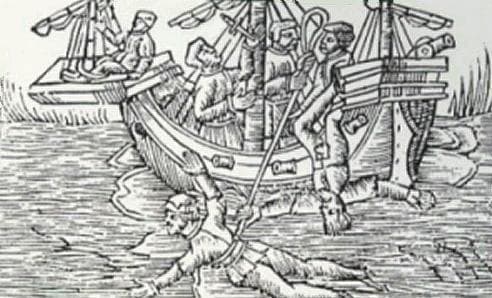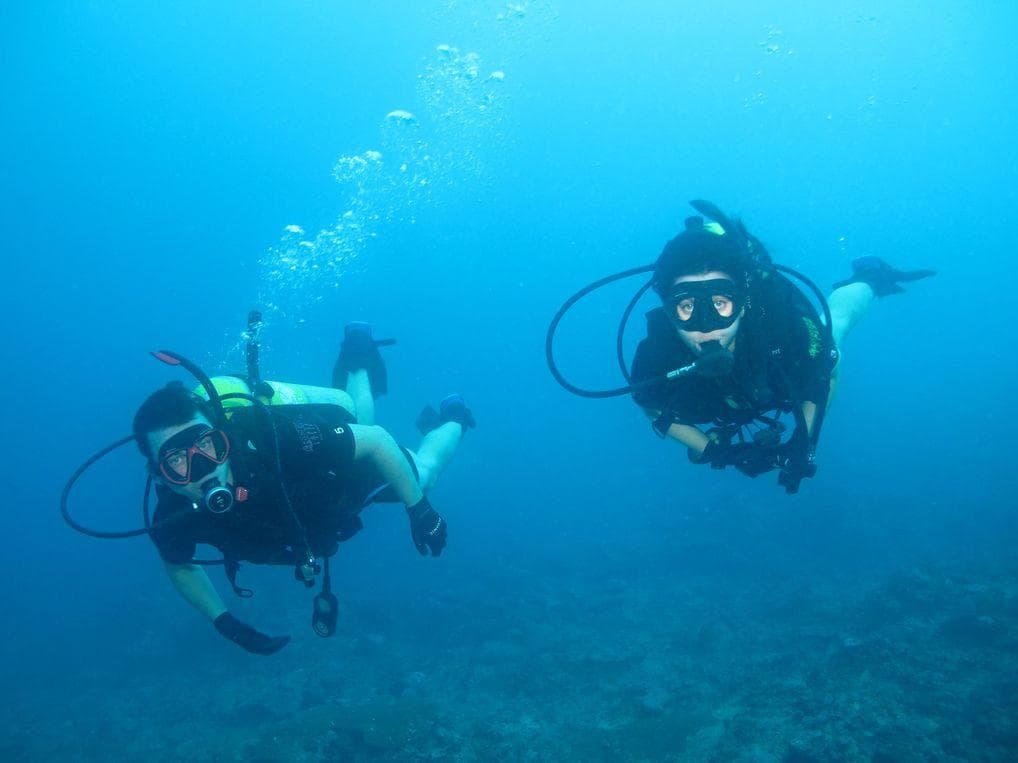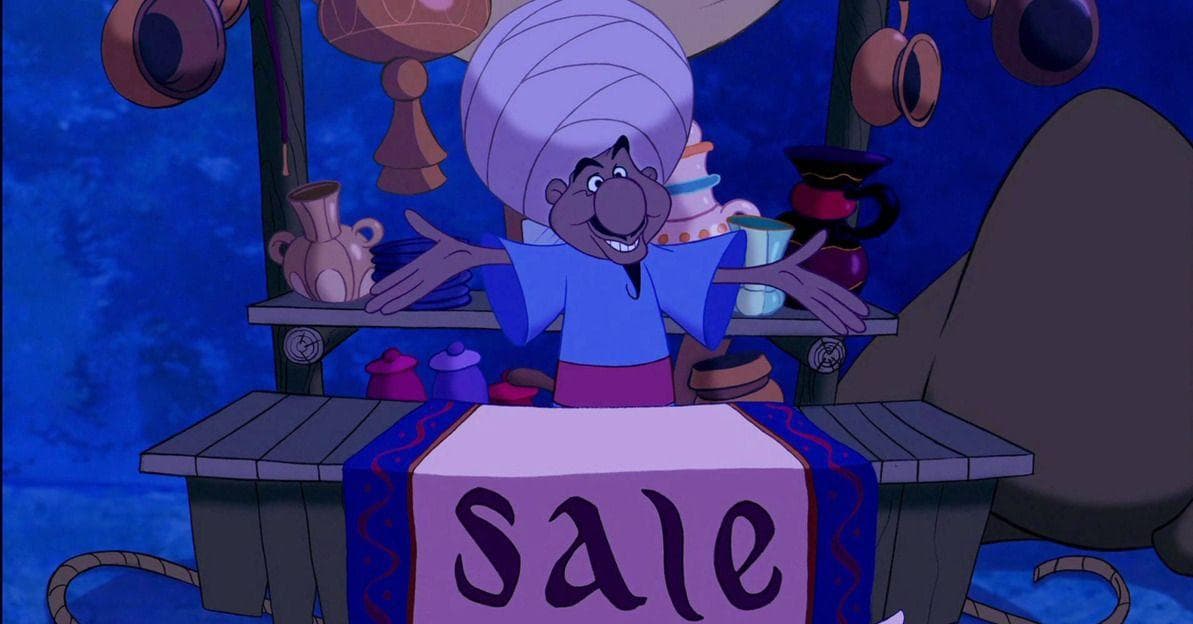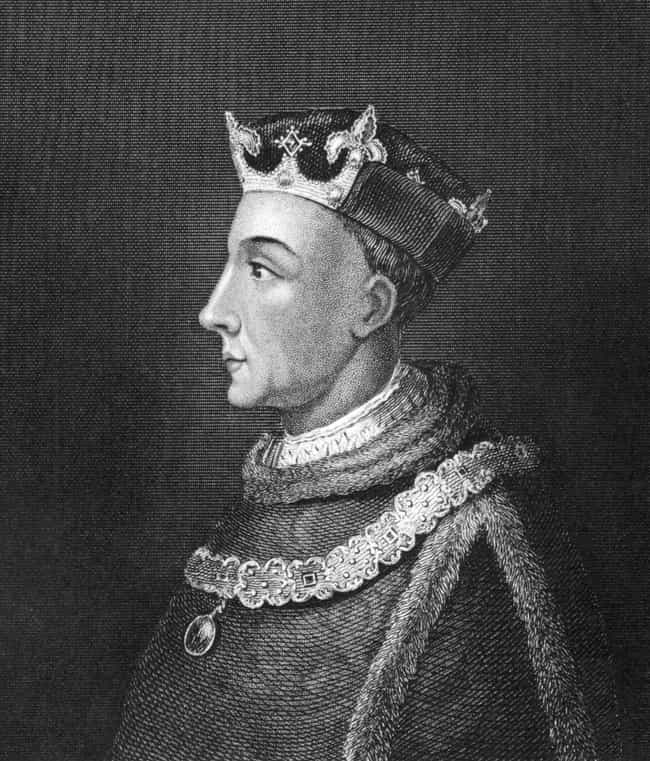
Henry V Inspired William Shakespeare's Most Celebrated Speech
[ranking: 10]
William Shakespeare turned the battle speech given by King Henry V of England before Agincourt into the famous "St. Crispin's Day Speech" in Henry V:
We few, we happy few, we band of brothers; For he to-day that sheds his blood with me Shall be my brother; be he ne'er so vile, This day shall gentle his condition; And gentlemen in England now-a-bed Shall think themselves accurs'd they were not here, And hold their manhoods cheap whiles any speaks That fought with us upon Saint Crispins day.
In 1415, Henry likely did give a battle speech that roused his troops to victory. According to multiple 15th-century texts, the king declared he would rather die on the battlefield than be taken prisoner, riding at the front of his army and risking his life to inspire his followers. And while he didn't use the exact words that Shakespeare recorded nearly 200 years later, the king won the battle.
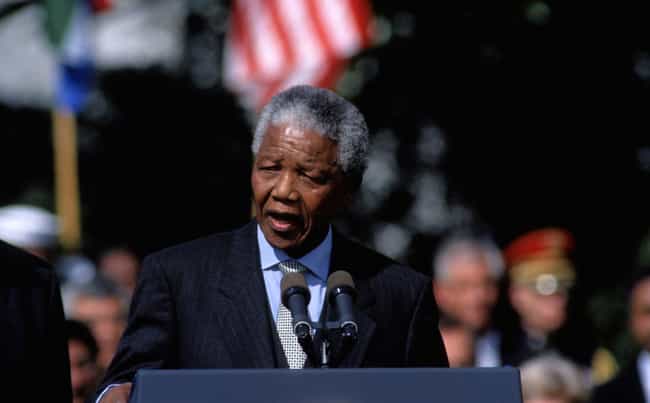
Nelson Mandela Fought Apartheid From Behind Bars
[ranking: 8]
While some inspiring leadership decisions happen in a single moment, others stretch out over years. Nelson Mandela fought against apartheid in South Africa as a young man, which landed him in prison for 27 years.
From 1962 until 1990, Mandela remained in prison. He later explained, "Prison life is about routine: each day like the one before; each week like the one before it, so that the months and years blend into each other."
After his release, Mandela continued to fight, earning the Nobel Peace Prize and becoming South Africa's first democratically elected president. His decades-long battle helped end apartheid.
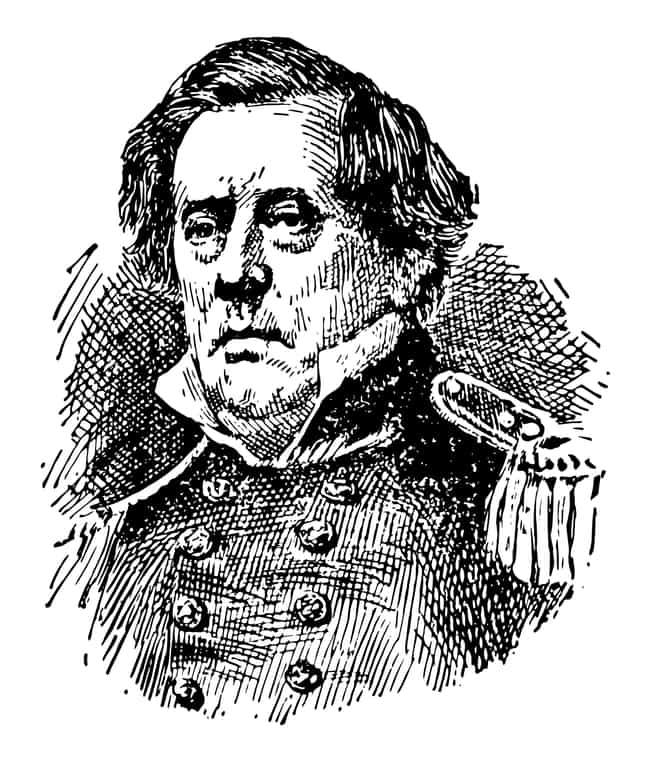
Matthew Perry Sent The Japanese Government A White Flag
[ranking: 9]
In 1853, American Commander Matthew C. Perry arrived in Japan, hoping to open diplomatic relations with the country and sign a treaty. This was during an era when Japan practiced a seclusion policy, so Perry arrived with four warships, ready to engage if necessary.
Perry decided to clarify matters by sending a white flag to the Japanese. His letter warned that if Japan refused to consider a treaty, the US would attack. To explain why he gave them a white flag, he stated, "The victory will naturally be ours." The commander promised that when the Japanese raised the flag, the Americans "would accordingly stop firing and conclude peace with you."
The gutsy move worked, and Japan agreed to a treaty with the US.
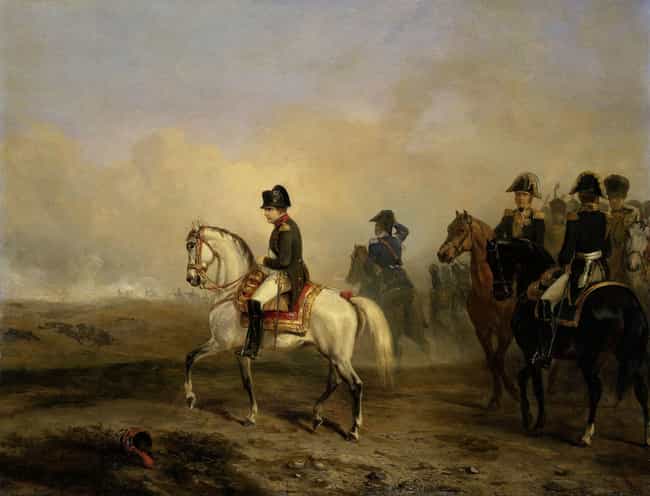
Napoleon Bonaparte Stood Before Armed Men And Dared Them To Shoot
[ranking: 6]
After conquering an empire, Napoleon Bonaparte faced a disgraceful exile on the small Mediterranean island of Elba in 1814. When he escaped and returned to France in 1815, the general reportedly subdued the opposition using words alone.
As soon as word of Napoleon's return reached France, an army flocked to his side. But Napoleon still faced a royalist regiment that blocked his return. Napoleon walked in front of the enemy, unarmed before a line of rifles. The general ripped his coat open and shouted, "If there is any man among you who would kill his emperor, here I stand!"
The stunned enemies allegedly threw down their weapons and began to shout, "Long live the Emperor!" They joined Napoleon's cause and rode with him to Waterloo.
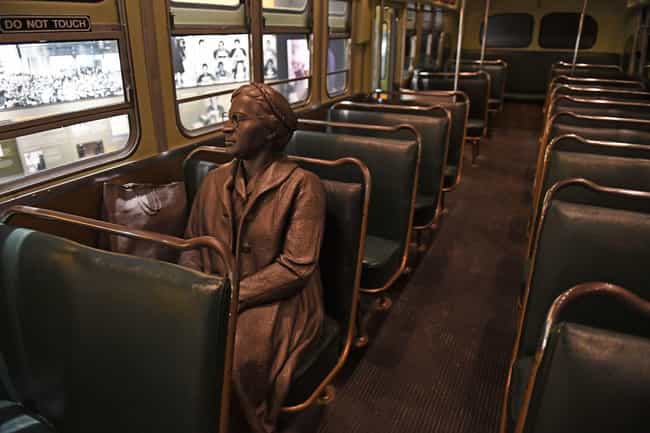
Rosa Parks Refused To Give Up Her Seat On The Bus
[ranking: 7]
Some leaders aren't generals or royalty. Sometimes they are regular people who inspire the world. This is the case for Rosa Parks, a seamstress in Montgomery, AL, who refused to give up her bus seat for white passengers in 1955.
In segregated Montgomery, many accused Parks of breaking the law. The bus driver even called the police to arrest Parks, who declared, "I don't think I should have to stand up." Parks refused, and her choice inspired the Montgomery bus boycott. She later became an important civil rights leader.
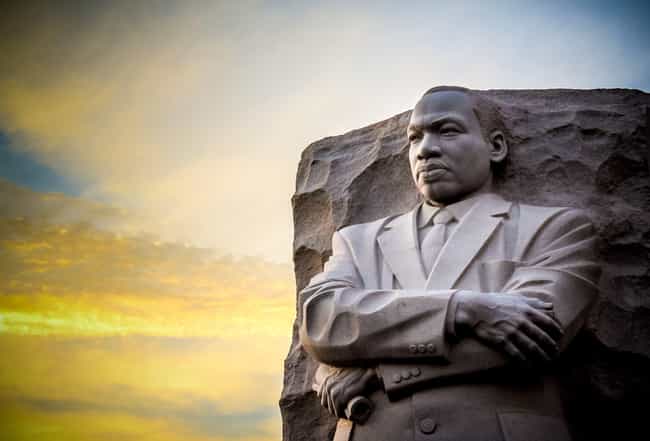
Martin Luther King Jr. Improvised 'I Have A Dream'
[ranking: 4]
In one of the most famous speeches of the 20th century, Martin Luther King Jr., declared, "I have a dream." King gave the speech in 1963 during the March on Washington, but most people are unaware that King improvised the famous line.
After MLK spent several minutes reading his prepared speech, gospel singer Mahalia Jackson, who was in the crowd, called out, "Tell 'em about the 'dream.'"
King looked up from his speech and began speaking without a script: "I have a dream that my four little children will one day live in a nation where they will not be judged by the color of their skin but by the content of their character." His inspiring words shaped the Civil Rights movement for generations.
New Random Display Show all by ranking(13 items)

